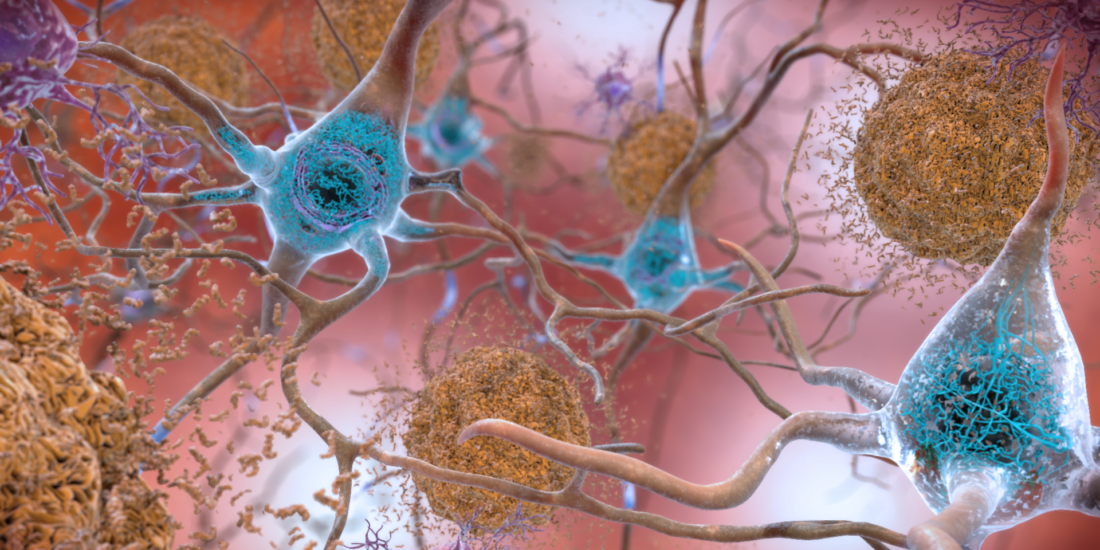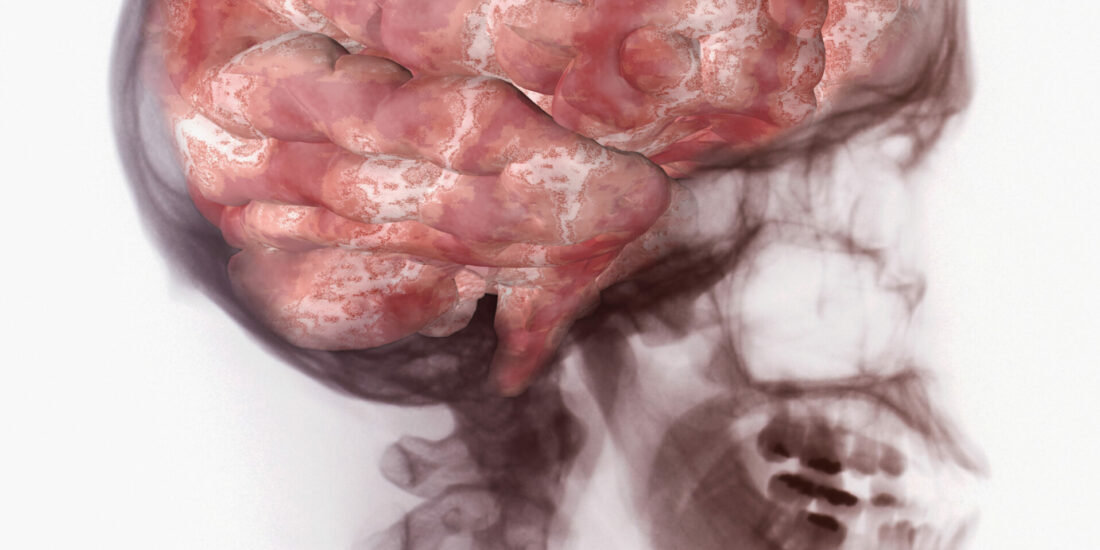Functionally linked potassium channel activity in cerebral endothelial and smooth muscle cells is compromised in Alzheimer’s disease
By Jade L. Taylor, Harry A. T. Pritchard, Katy R. Walsh, Patrick Strangward, Claire White, David Hill-Eubanks, Mariam Alakrawi, Grant W. Hennig, Stuart M. Allan, Mark T. Nelson, and Adam S. Greenstein Excerpt from the article published in the Proceedings of the National Academy of Sciences (PNAS), 119 (26) e2204581119, June 21, 2022, DOI: https://doi.org/10.1073/pnas.2204581119 […]
Continue ReadingDysregulated Ca2+ Homeostasis as a Central Theme in Neurodegeneration: Lessons from Alzheimer’s Disease and Wolfram Syndrome
By Manon Callens, Jens Loncke, and Geert Bultynck Excerpt from the article published in Cells 2022, 11, 1963. DOI: https://doi.org/10.3390/cells11121963 Editor’s Highlights Abstract Calcium ions (Ca2+) operate as important messengers in the cell, indispensable for signaling the underlying numerous cellular processes in all of the cell types in the human body. In neurons, Ca2+ signaling is crucial for […]
Continue ReadingAmyloid-β impairs mitochondrial dynamics and autophagy in Alzheimer’s disease experimental models
By Macarena de la Cueva, Desiree Antequera, Lara Ordoñez-Gutierrez, Francisco Wandosell, Antonio Camins, Eva Carro, and Fernando Bartolome Excerpt from the article published in Scientific Reports, volume 12, 10092 (2022). https://doi.org/10.1038/s41598-022-13683-3 Editor’s Highlights Alzheimer’s disease (AD) is characterised by the presence of brain extracellular deposits of amyloid-β (Aβ) peptide coming from the Amyloid precursor protein (APP) processing, the […]
Continue ReadingFaulty autolysosome acidification in Alzheimer’s disease mouse models induces autophagic build-up of Aβ in neurons, yielding senile plaques
By Ju-Hyun Lee, Dun-Sheng Yang, Chris N. Goulbourne, Eunju Im, Philip Stavrides, Anna Pensalfini, Han Chan, Cedric Bouchet-Marquis, Cynthia Bleiwas, Martin J. Berg, Chunfeng Huo, James Peddy, Monika Pawlik, Efrat Levy, Mala Rao, Mathias Staufenbiel, and Ralph A. Nixon Excerpt from the article published in Nature Neuroscience (2022). Published: 02 June 2022, DOI: https://doi.org/10.1038/s41593-022-01084-8 Editor’s Highlights Alzheimer’s […]
Continue ReadingFluent molecular mixing of Tau isoforms in Alzheimer’s disease neurofibrillary tangles
By Aurelio J. Dregni, Pu Duan, Hong Xu, Lakshmi Changolkar, Nadia El Mammeri, Virginia M.-Y. Lee, and Mei Hong Excerpt from the article published in Nature Communications 13, 2967 (2022). https://doi.org/10.1038/s41467-022-30585-0 Editor’s Highlights Alzheimer’s disease (AD) is defined by intracellular neurofibrillary tangles formed by the microtubule-associated protein tau and extracellular plaques formed by the β-amyloid peptide. Extensive […]
Continue ReadingIntracellular Aβ42 Aggregation Leads to Cellular Thermogenesis
By Chyi Wei Chung, Amberley D. Stephens, Tasuku Konno, Edward Ward, Edward Avezov, Clemens F. Kaminski, Ali A. Hassanali, and Gabriele S. Kaminski Schierle Excerpt from the article published in Journal of the American Chemical Society, Publication Date: May 26, 2022, DOI: https://doi.org/10.1021/jacs.2c03599 Editor’s Highlights Abstract The aggregation of Aβ42 is a hallmark of Alzheimer’s […]
Continue ReadingProtein lifetimes in aged brains reveal a proteostatic adaptation linking physiological aging to neurodegeneration
By Verena Kluever, Belisa Russo, Sunit Mandad, Nisha Hemandhar Kumar, Mihai Alevra, Alessandro Ori, Silvio O. Rizzoli, Henning Urlaub, Anja Schneider, and Eugenio F. Fornasiero Excerpt from the article published in Science Advances, 20 May 2022, Vol 8, Issue 20 DOI: 10.1126/sciadv.abn4437 Editor’s Highlights Physiologically aged brain has revealed only minor alterations in protein abundances in the aged […]
Continue ReadingMitochondrial transfer/transplantation: an emerging therapeutic approach for multiple diseases
By Zonghan Liu, Yi Sun, Zhengtang Qi, Lu Cao, and Shuzhe Ding Excerpt from the article published in Cell and Bioscience 12, 66 (2022). Published: 19 May 2022, DOI: https://doi.org/10.1186/s13578-022-00805-7 Editor’s Highlights Mitochondria are semiautonomous, semiself-replicating, highly dynamic organelles, endowed with their own circular, double-stranded DNA molecule that spans 16.6 kb and intramitochondrial replication and translational machinery. Intercellular mitochondrial […]
Continue ReadingStress-induced protein disaggregation in the endoplasmic reticulum catalysed by BiP
By Eduardo Pinho Melo, Tasuku Konno, Ilaria Farace, Mosab Ali Awadelkareem, Lise R. Skov, Fernando Teodoro, Teresa P. Sancho, Adrienne W. Paton, James C. Paton, Matthew Fares, Pedro M. R. Paulo, Xin Zhang & Edward Avezov Excerpt from the article published in Nature Communications 13, 2501 (2022). https://doi.org/10.1038/s41467-022-30238-2 Editor’s Highlights The biosynthetic organelles evolved a multi-layer proteostasis […]
Continue ReadingAmyloid Cascade Hypothesis for the Treatment of Alzheimer’s Disease: Progress and Challenges
By Tong Wu , Ding Lin , Yaqian Cheng , Senze Jiang , Muhammad Waheed Riaz , Nina Fu , Chenhao Mou , Menglu Ye , and Ying Zheng. Excerpt from the article published in Aging and disease. 2022. Doi: 10.14336/AD.2022.0412 Editor’s Highlights Nowadays, the significance and complexity of the amyloid cascade hypothesis in the development of Alzheimer’s disease have been undisputed. The origin of the Aβ pathogenic pathway is mostly considered […]
Continue Reading









